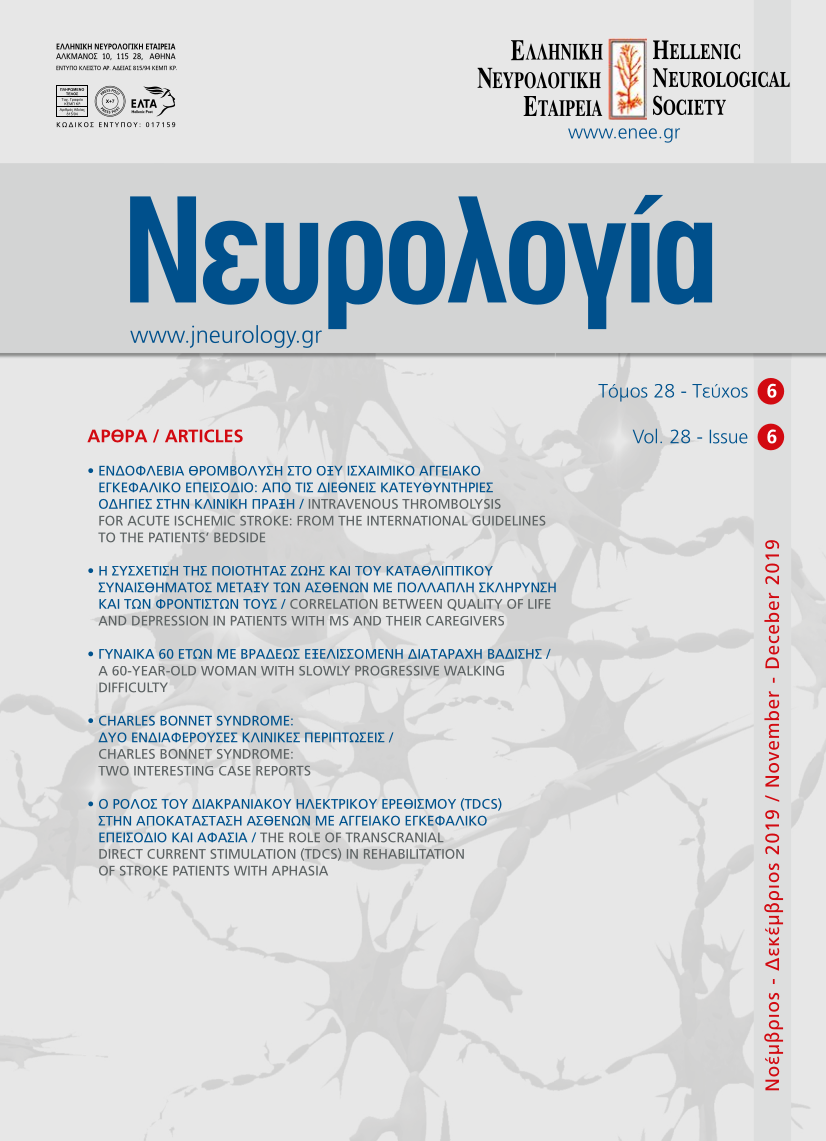THE ROLE OF TRANSCRANIAL DIRECT CURRENT STIMULATION (TDCS) IN REHABILITATION OF STROKE PATIENTS WITH APHASIA
Keywords:
transcranial direct current stimulation, aphasia, neuro-rehabilitationAbstract
Transcranial direct current stimulation (tDCS) is a form of neurostimulation that uses constant, low current delivered to the brain area of interest via electrodes on the scalp. It was originally developed to help patients with brain injuries or psychiatric conditions like major depressive disorder. tDCS appears to have some potential for treating depression. However, there is good evidence that it is useful for cognitive enhancement in memory deficits (in Parkinson's disease and Alzheimer's disease), schizophrenia, neuropathic pain, and improving upper limb function after stroke. Transcranial direct current stimulation is currently used in neuro-rehabilitation, as a safe complementary therapeutic method for the recovery of stroke patients with aphasia. The current review describes the mechanisms of action/safety protocols for the use of tDCS in stroke patients with aphasia and the results of the current bibliography.


